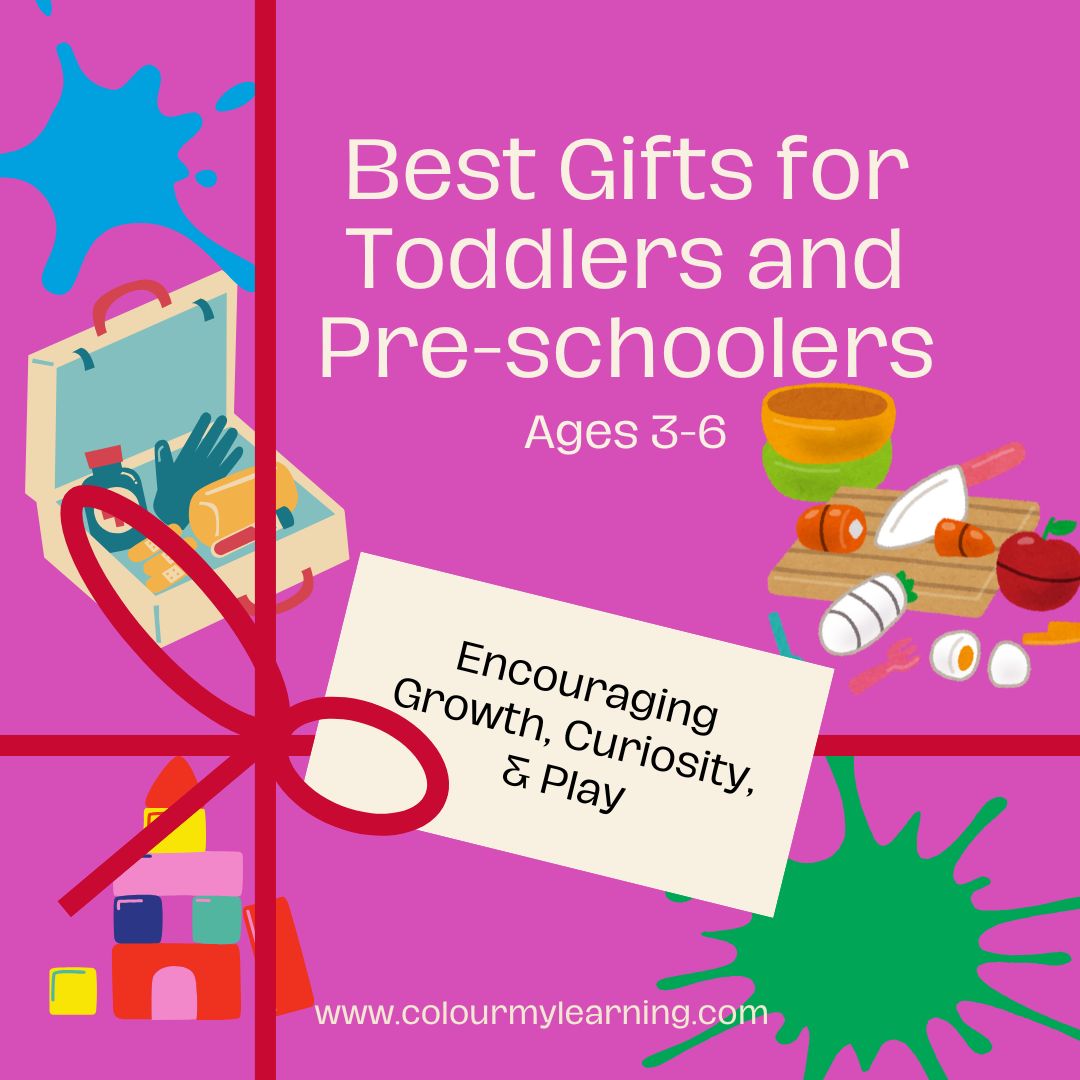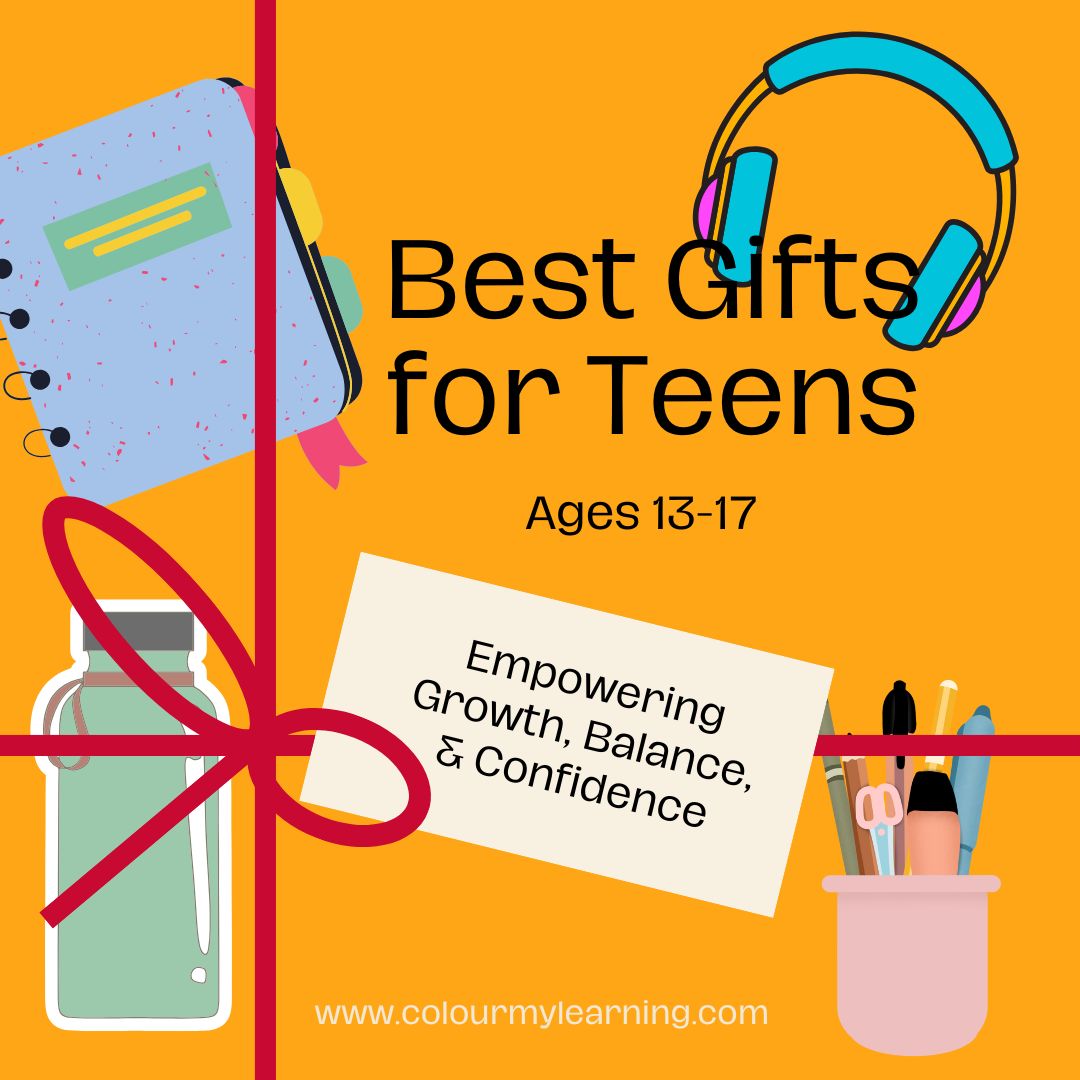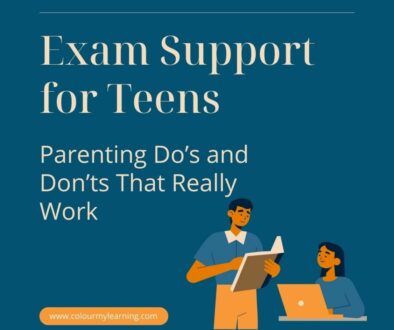10 Essential Conversation Starters: What to say when your friend is sad or hurt
Often in life, we find ourselves at a loss for words of comfort when we need them the most – such as when a friend is very sad or deeply hurting. It’s perfectly fine to not immediately know what to say to make someone feel better. After all, words are very powerful. Just as the right words can ease someone’s pain, wrong and insensitive remarks can make the situation ten times worse, no matter how good your intentions may be.
Words, once already spoken, can never be taken back. Indeed, it’s commendable that you’re taking the time to think long and hard about what you’re going to say to your friend, as it shows that you want to avoid piling on the sadness, pain, or grief they’re already experiencing.
To help you figure out the best and safest things to tell your friend during this time, here are some phrases and questions you can say when someone dear to you is feeling the blues:

1. “Do you want to talk about it?”
Different people process pain differently; some would rather talk about what’s making them sad, while others would simply like to express their feelings without divulging details of what’s getting them down. Either way, you have to respect their decision, and you can find out whether or not they want to talk about their problems by asking this very simple question.
It’s a much better alternative than simply asking them to tell you what happened because saying things like “I can’t help you if I don’t know what happened” places undue pressure on your friend to talk about something they might not be ready to verbalize at the moment.
By leaving the choice completely up to them, you are making it clear that your friendship and desire to make them feel better is not conditioned upon being privy to their actual problems.
Have you ever come up blank thinking of what to say to comfort your friend who is sad or hurting? Here are some phrases you can try, if only to remind them that they are not alone. Share on X2. “I’ll stay with you; we don’t have to talk or do anything.”
As mentioned earlier, you have to respect your friend’s privacy if they are simply not ready to confide anything with you. If that’s the case, you won’t even have to say anything. You can instead simply stay by their side to let them know that they are not alone. You can probably suggest fun activities which you know always lift their spirits up. If they’re not ready for that either, you can just offer to sit down and be silent with them for as long as they need.
Spending quiet time with someone can prove just as cathartic as hashing out one’s emotions out in the open, and sometimes your mere presence can make all the difference in your friend’s disposition. Sometimes, people who are going through something difficult, find it hard to reach out to their friends because they feel like they’re bringing other people down with them, or otherwise wasting someone else’s time and energy when they can’t even talk about their problems. This could begin a snowball of guilt and self-isolation, which we don’t want to happen.
Make it abundantly clear that you’re happy just being with them during this difficult time.

3. “Thank you for telling me.”
If they do tell you what’s making them sad, express your appreciation and thank them for trusting you enough to tell you what’s bothering them. It takes a great deal of courage for someone to make themselves vulnerable, even to a dear friend, so make sure you communicate how much you value their confidence.
Since they divulged their struggles with you, you have to prepare what to say next.
When someone is feeling lonely, they don’t always need help or advice. Sometimes, all they need is someone to remind them that they are not alone. Here are 10 different ways to tell your friend you have their back during these… Share on X4. “I see why you’re hurting.”
This is a very simple yet powerful statement. Sometimes, in a bid to make someone feel better, we make the mistake of invalidating their emotions by saying things such as “I don’t think you have any reason to be sad,” or “I’m sure you’ll be fine because other people have it worse.”
These statements almost always come with pure intentions. You simply want your friend to see a different perspective and possibly realize that there are far more reasons for them to be happy than sad.
But when people are hurting, it may take them quite some time to appreciate other perspectives. Pain may be the only clear thing to them now, and invalidating the only thing they can feel right now can lead to catastrophic results. Instead, recognize that their feelings are very much valid – because they are.

5. “I can’t imagine how you’re feeling, but I’m here for you.”
Try saying this instead of the classic, “I’ve been there. I know how you feel.” Even though you might feel like you know exactly how your friend is feeling because you have gone through the same thing, keep in mind that no two experiences are exactly the same. You can never truly know how someone else is personally dealing with something you may have experienced before. Telling them you have no idea how they’re feeling is simply being honest, and letting them know you’re nevertheless willing to hold their hand as they slowly move towards healing is much better than pivoting the conversation to you and what you have experienced in the past.
Sometimes, in a bid to make our sad friend feel better, we say things that end up invalidating what they feel. To avoid that, here are 10 suggestions of what you can say to someone who is hurting or feeling down. Share on X6. “When all this is over, I’ll still be here for you.”
This statement is good because it subtly reminds your friend that there is an end to their pain, while reassuring them that you will remain by their side even when they’re no longer sad. This is a difficult topic to explore, but you might observe that some people find sadness too comforting because of how much kinder the world is when they’re down on their knees. In some cases, this delays the healing process because people would get scared of going back to normal, i.e. other people no longer being extra kind to them because they’re no longer hurting.
You can set your friend on the path to recovery by letting them know that between the two of you, nothing will change. Reassure them that you will still be the same caring friend after the worst is over.

7. “How can I help?”
The biggest mistake most people make when trying to comfort a sad friend is launching headfirst into various well-meaning gestures that they think will help the other person, without first asking what kind of help their friend needs. Your friend might need advice on how they can feel better, or they could need your help doing an important task which they don’t feel like doing yet in their current state.
In reality, you cannot accurately guess what kind of help or assistance your friend needs unless you explicitly ask. When they tell you they’re not sure how you can help, that’s when you can start offering up your own ideas. Big surprises or huge gestures might simply overwhelm your friend right now since sadness takes up a lot of one’s energy. So back up a bit and be sensitive about your friend’s needs.
When someone dear to you is sad or hurt, the last thing you want to do is say something that makes them feel worse. So if you must say something to try and comfort your friend, here are 10 great phrases to start with. Share on X8. “Please don’t hesitate to call me whenever you feel like it.”
This is another subtle statement you can use to remind your friend that they are never alone – not even when you two are physically apart. They need to know that they have an existing lifeline to call when things get too hard. However, try not to make any promises that you will pick up at any time of the day because you never know when life may get in the way. If you make such a promise and renege on it, your friend might stop trying to reach out. Instead, tell them that if you happen to miss their call, you will make sure to get back to them when the time and circumstances permit.

9. “I know this pain may last a while, so I will continue checking up on you.”
When you say this, what you’re really saying is that you’re willing to help your friend no matter how long it takes for them to be okay again. Sometimes, when people are sad, they also develop anxiety about receiving messages or taking calls so this also serves as a heads up that they can expect you to keep in touch with them. When you are patient with your friend, you can influence them to be patient with themselves, too. Getting over something that caused them a great deal of pain will not be easy, but at least they know they won’t have to go through that process alone.
Finding the right things to say when someone we love is sad or hurting is easier said than done. Here are some phrases you can build on, and a couple of statements to avoid if you don’t want to make things worse. Share on X10. “I believe in you.”
If you feel like saying things like, “This too shall pass,” or “There’s always a rainbow after the rain,” use this curt but powerful alternative instead. It takes the focus away from the natural force of things and empowers your friend into realizing that they have the agency and strength to pull through, without pressuring them into doing any of those things until they’re ready.
Saying “I believe in you,” can mean many different things like, “I believe that you’re strong enough to pull through,” or “I believe that you will come out of this as a better person.” But by keeping things purposefully vague, you’re leaving it up to your friend to assign the meaning they want to take away from your statement of support and encouragement.
The last thing you want to do when your friend is already sad or hurt is to say something that could make them feel even worse. However, take the suggestions mentioned in this article with a grain of salt because, at the end of the day, you’re the one who truly knows your friend. These examples may be used as a guide, but ultimately trust what you already know about your friend and how they deal with pain in order to come up with all the right things to say.

















